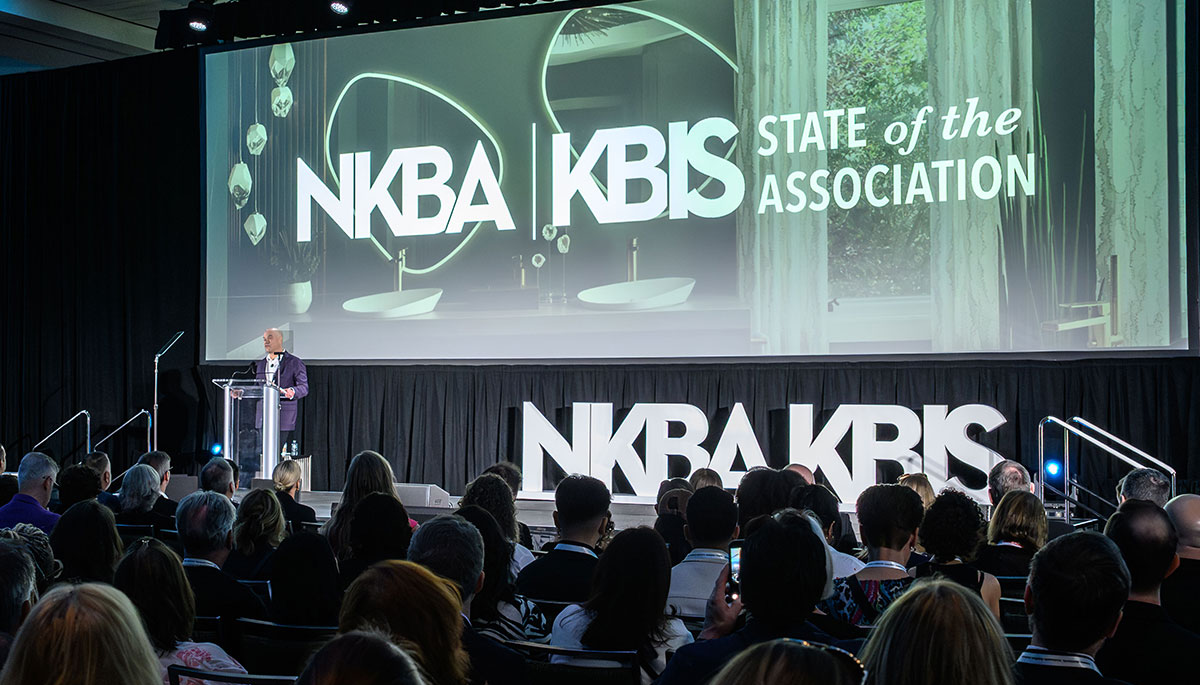Toby Griffin – What to consider when preparing your business for sale

Toby Griffin – What to consider when preparing your business for sale
Taking the right steps in the run-up to selling your business can significantly increase your chances of success – Toby Griffin, founder of KBB Businesses 4 Sale and KBB Support, reveals how you should go about it.
In my last article entitled How to calculate your business's value I explained what steps a business owner can take to get a ball-park price for their business, in what can be the complicated, often inconsistent, and occasionally murky world of business valuations and sales.
In essence though, like with all things, something is only worth the price that someone will pay for it, and any amount of valuing is only ever an educated guess as to what those in the market will pay.
However, the work that goes into preparing a business for sale can make a tangible difference to both the valuation, and the likelihood of a successful sale, so let’s consider what they are:
1. Declaring a profit
Despite many businesses making choices that will reduce the yearly net profit figure on the accounts (to minimise tax exposure); suddenly – when valuing and selling a business – a high net profit figure is the most important factor. Forget how many years you’ve been trading, how many lovely displays you’ve got, or how much your customers recommend you; if the declared net profit is low, or zero, then your business won’t be worth much more than the value of its assets.
2. Cash ISN’T king
Most purchasers don’t want a cash-laden business as they’ll have to use their cash to buy the cash that is in your business, but then pay big taxes to remove it. Would you pay £1,000 for a safe that contains £1,000 in cash but has no key, for which you’ll have to pay a locksmith £200 to open it? Of course not. Not only will you not offer £800, you’d probably just walk away to save yourself the hassle.
3. Don’t make any big investments in infrastructure
The chances are that any new purchaser will like your business, but will want to make changes to it – be they big or small. Therefore being waylaid by commitments to new vehicles/machinery, big displays, IT systems, and so on, that may not be the purchaser’s choice, could actually turn them off.
Remember, businesses that have potential to become bigger, better, and more profitable get the biggest valuation relative to the story the accounts tell. Therefore (not unlike the required about-face of maximising declarations of profit, and reducing cash held) suddenly there is an argument for presenting your business as being lacking in several areas (marketing being a prime example) so that potential purchasers can say to themselves: “This business is doing well DESPITE not doing x, y, and z; so imagine the possibilities if it did!”.
4. Premises
If the business owns its own premises consider transferring ownership out, as its big value skews the valuation numbers and makes the overall investment out of reach for most purchasers. Not unlike my comments about cash earlier, business purchasers want to buy a business; if they wanted to buy a property, they’d buy a property.
If the business rents the premises, and has only a couple of years left on the lease, consider extending it. Purchasers want some certainty that they’re not going to be ‘turfed out’ of the company premises anytime soon.
Remember though that all situations are different so take advice from your accountant, and/or from a trusted business sale company before acting.
In addition, it’s worth noting that in many cases, selling a business is not the best next move. Watch out for my next article which will discuss 'Alternatives to selling your business'.
Tags: insight, features, toby griffin, kitchens, bathrooms, retail, selling a kbb business























